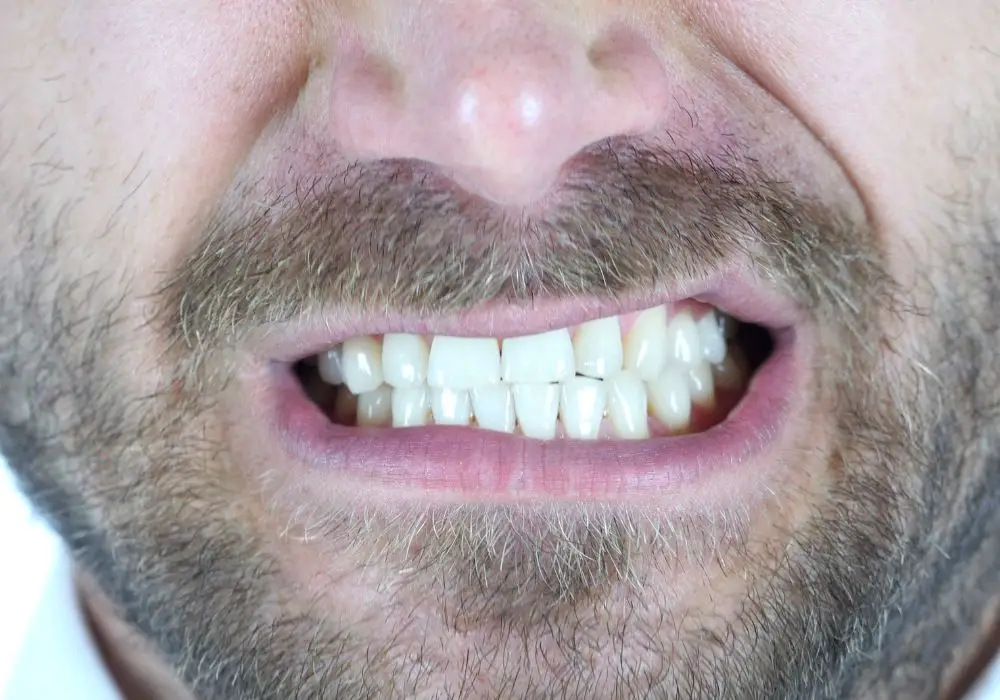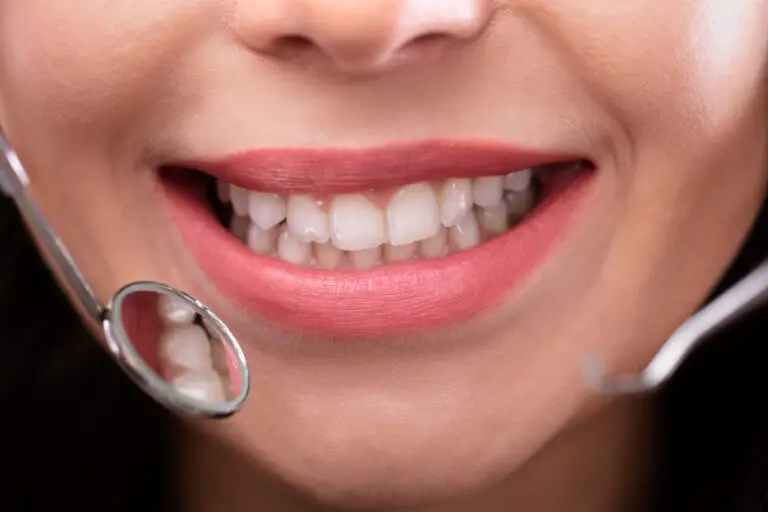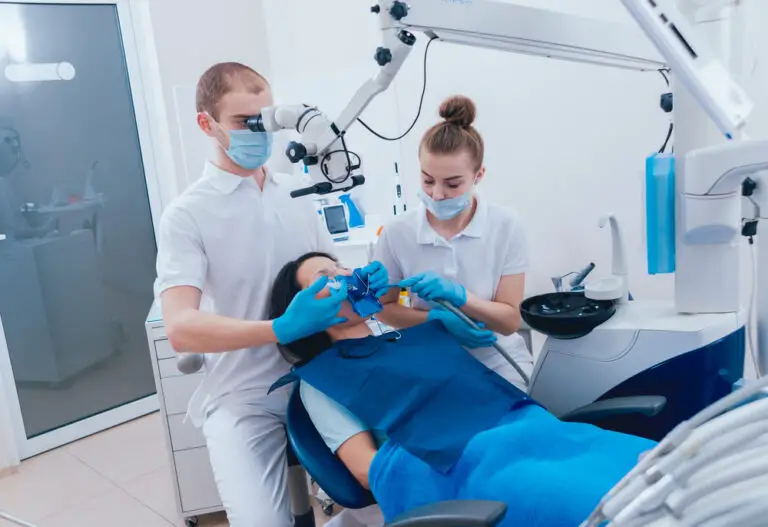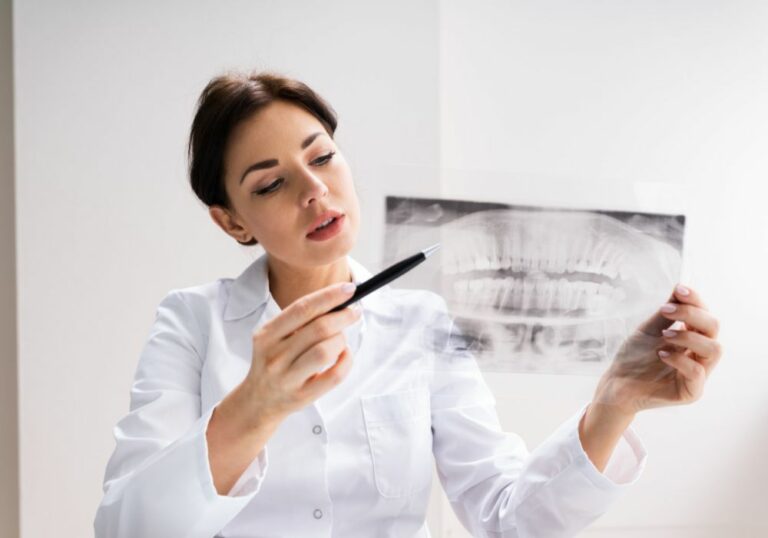Teeth grinding, known medically as bruxism, is an unfortunately common side effect of recreational and prescription drug use. Through involuntary clenching, grinding, or gnashing of the teeth, bruxism can lead to cracked enamel, jaw pain, headaches, and more.
In this comprehensive article, we will explore the causes, risk factors, and health impacts of bruxism from drug use. We will also provide prevention tips to help you or your loved ones minimize tooth damage and associated symptoms if struggling with substance-induced bruxism.
What Causes Teeth Grinding?

Before diving into bruxism from drugs specifically, let’s review the overall causes of teeth grinding:
Primary Causes
- Stress and anxiety – High stress levels and anxiety often manifest physically through jaw clenching and teeth grinding. This can occur during the day or night.
- Sleep disorders – Conditions like sleep apnea can lead to oxygen desaturation, arousals during sleep, and increased teeth grinding.
- Genetics – Bruxism sometimes runs in families, indicating a possible genetic predisposition.
- Craniofacial anomalies – Misalignment of the top and bottom jaws or teeth can cause bruxism.
- Traumatic brain injury – Damage to parts of the brain that control motor functions has been associated with bruxism.
- Medications and drugs – One of the most common causes of bruxism we will explore in detail below.
Contributing Factors
- Aggressive personality type
- High caffeine, tobacco, or alcohol use
- Digestive issues like reflux
- Neurological disorders like Parkinson’s
- Exposure to secondhand smoke
This wide range of medical, psychological, genetic, and lifestyle factors can raise the risk for bruxism. Teeth grinding from medications and recreational substances tends to be very common due to their stimulant properties.
Prescription Medications That May Cause Bruxism
A number of prescription medications are associated with bruxism as a side effect. These include:
Psychostimulants
- Methylphenidate (Ritalin, Concerta)
- Dextroamphetamine (Dexedrine)
- Lisdexamfetamine (Vyvanse)
Psychostimulants like Ritalin and Adderall prescribed for ADHD increase dopamine and norepinephrine activity in the brain. This can induce bruxism through their alerting and anxiety-elevating effects. Up to a third of adults taking these medications may experience bruxism.
Antidepressants
- Selective serotonin reuptake inhibitors (Prozac, Zoloft, Lexapro)
- Serotonin-norepinephrine reuptake inhibitors (Cymbalta, Effexor)
- Tricyclic antidepressants (Amitriptyline, Imipramine)
Antidepressants, particularly SSRIs and SNRIs, are another drug class with frequently reported bruxism side effects. It is estimated over 20% of patients taking antidepressants experience bruxism. The specific mechanisms are complex, but involve altered serotonin and other neurotransmitter levels.
Anti-Psychotic Medications
- Chlorpromazine
- Clozapine
- Risperidone
- Olanzapine
First-generation and second-generation antipsychotics prescribed for schizophrenia, bipolar disorder, and other psychiatric conditions are also associated with bruxism. Exact rates are unclear but range from 10-45% of patients. The impacts on dopamine receptors contribute to involuntary movement side effects like jaw clenching.
Other Medications
- Dopamine agonists – Parkinson’s disease
- Select antihistamines – Allergies
- Beta blockers – Hypertension
- Nicotine replacement – Smoking cessation
Additionally, a range of other prescription medications may list bruxism as a potential adverse effect, including drugs for allergies, high blood pressure, Parkinson’s disease, and smoking cessation. Even nicotine replacement therapy like patches or gum can induce grinding through stimulant effects.
Illicit Drugs That Lead to Teeth Grinding

Along with prescription medications, many illicit or recreational drugs carry a high risk of bruxism:
Cocaine
Up to 40% of chronic cocaine users grind their teeth, likely due to the strong stimulant effects of cocaine on dopamine and norepinephrine activity. High doses can trigger severe bruxism and jaw clenching. These effects may be exacerbated when cocaine is combined with alcohol.
Methamphetamine
Like cocaine, meth powerfully increases brain levels of dopamine and norepinephrine to induce states of euphoria and alertness. An estimated 71% of meth users experience bruxism, which can occur during meth intoxication or withdrawal. Meth mouth characterized by rampant tooth decay is common.
MDMA (Ecstasy, Molly)
The entactogenic stimulant MDMA triggers the release of serotonin, dopamine, and norepinephrine. Jaw clenching and teeth grinding are among the most common physical side effects of MDMA, reported in 84-92% of users. This can lead to jaw soreness, tooth wear, and facial pain.
Cannabis
While cannabis is less likely to cause severe bruxism compared to other illicit drugs, research indicates around 13% of cannabis users report some teeth grinding. This may result from cannabis’s psychoactive effects on areas of the brain like the cerebellum.
Alcohol
Frequent heavy alcohol consumption can exacerbate bruxism, especially when combined with stimulants like cocaine. Dehydration and electrolyte imbalance from alcohol may also increase grinding. Up to a quarter of alcoholics experience some symptoms of bruxism.
Hallucinogens
Psychedelic drugs like LSD, psilocybin mushrooms, and mescaline stimulate serotonin receptors. Some bruxism has been reported, likely due to the neurochemical effects in the brain and potential anxiety induction. Grinding appears more common during hallucinogen withdrawal.
In summary, the research clearly demonstrates recreational stimulants like meth and cocaine carry the highest risk of bruxism, followed by MDMA and cannabis. Sedative drugs like heroin tend to inhibit rather than induce bruxism. Combining multiple substances also elevates risk.
Adverse Effects of Drug-Induced Bruxism
Persistent bruxism from chronic drug use can lead to a number of problems:
- Tooth damage – Cracked and chipped teeth, enamel loss exposing dentin, dental fractures
- Gum recession – From excessive force applied during grinding
- Tooth loss – In severe cases of chronic bruxism
- Tooth sensitivity – Due to loss of protective enamel covering
- Headaches – Often caused by jaw muscle tension and soreness
- Jaw disorders – TMJ dysfunctions like pain, popping, and locking of the jaw
- Pain – Facial muscles and jaw joint pain from muscle strain
- Sleep disruption – Clenching and grinding noises interrupting sleep
- Stress – Anxiety partially resulting from the effects of bruxism
- Social/occupational issues – Related to above factors like pain, headaches, and poor sleep
Severe bruxism can also impact alignment of teeth, facial appearance, and ability to chew if left unchecked. Early prevention and management of drug-associated bruxism is crucial.
Preventing and Managing Drug-Related Bruxism
If you or someone you know grinds their teeth after taking a certain medication or drug, several approaches may help:
- Avoid causative substances – Easier said than done with addiction, but discontinue recreational drug use and speak to a doctor about alternate prescriptions not linked to bruxism.
- Stress management – Relaxation techniques, counselling, lifestyle changes to reduce anxiety and tension that worsens grinding.
- OTC guards – Over-the-counter mouth guards can protect teeth from damage during grinding episodes.
- Prescription mouth guard – Custom-fit night guards prescribed by dentists offer superior protection and comfort.
- Botox – Botox injections into the masseter jaw muscles can paralyze muscles and reduce grinding for several months.
- Medications – Muscle relaxants, anxiety medications, and dopamine antagonists may be prescribed in some cases.
- Physiotherapy – Jaw and facial exercises can help strengthen and relieve muscles overworked by bruxism.
- Dental repair – Procedures like crowns, fillings, and implants can repair teeth damaged by chronic grinding.
Lifestyle changes, mouth guards, Botox, medications, physiotherapy, and dental treatments all play a role in addressing bruxism from drug consumption. An integrated treatment approach is ideal.
Outlook for Drug-Related Bruxism

The outlook for bruxism caused by medications or drug use depends greatly on the individual and severity of the condition. Mild cases can often be managed with a combination of protective mouth guards, stress-reduction, and dental work to repair any damage. However, severe bruxism of many years’ duration can be difficult to treat. Chronic teeth grinding and clenching can permanently damage the teeth and jaw over time in some individuals. This is especially true when bruxism occurs alongside drug abuse problems and addiction that make discontinuing substance use very challenging.
The key is early recognition that a medication or drug is causing new onset or worsening of bruxism symptoms. Addressing the condition quickly through preventive steps above can help avoid long-term oral health consequences. Multidisciplinary treatment that involves both medical doctors and dentists provides the best chance of managing bruxism while correcting any underlying medical conditions contributing to grinding. With proper care, the prognosis for reducing or stopping drug-related bruxism is good.
Frequently Asked Questions
Q: Why do some drugs cause teeth grinding?
A: Many medications and recreational drugs influence neurotransmitters like dopamine, serotonin, and norepinephrine in the brain. Altering these brain chemicals can raise anxiety and cause involuntary clenching and grinding of the jaw muscles.
Q: Does marijuana cause teeth grinding?
A: Marijuana may trigger bruxism in some users due to its psychoactive effects on areas like the cerebellum that influence movement. However, cannabis appears less likely to cause severe grinding compared to stimulants.
Q: Can you permanently damage teeth from drug-related bruxism?
A: Yes, severe bruxism over many years can lead to permanent tooth damage or loss through cracked enamel, loss of tooth structure, repeated dental fractures, and related issues.
Q: What is the treatment for teeth grinding from cocaine use?
A: Discontinuing cocaine use is the first step. Protective mouth guards, stress management, jaw exercises, dental repair, Botox injections, and sometimes muscle relaxants may also be used to manage cocaine-induced bruxism.
Q: Does ecstasy (MDMA) cause teeth grinding?
A: Yes, jaw clenching and teeth grinding are very common physical side effects of MDMA use, experienced by 80-90% of users. This can contribute to dental damage, jaw pain, and headaches over time.
Conclusion and Summary
In conclusion, bruxism is a common adverse effect of both prescription medications for conditions like ADHD and psychiatric disorders as well as recreational drug use. The research indicates that central nervous system stimulants like cocaine, meth, and MDMA carry the highest risk. Teeth grinding from drugs can lead to damaged teeth, gum recession, jaw pain, headaches, and disrupted sleep. If medication or substance use is suspected in new onset bruxism, promptly consulting both your physician and dentist is wise. They can collaborate to develop a treatment plan involving dental guards, medical alternatives, therapy, and other interventions to protect your oral health and minimize detrimental outcomes.






